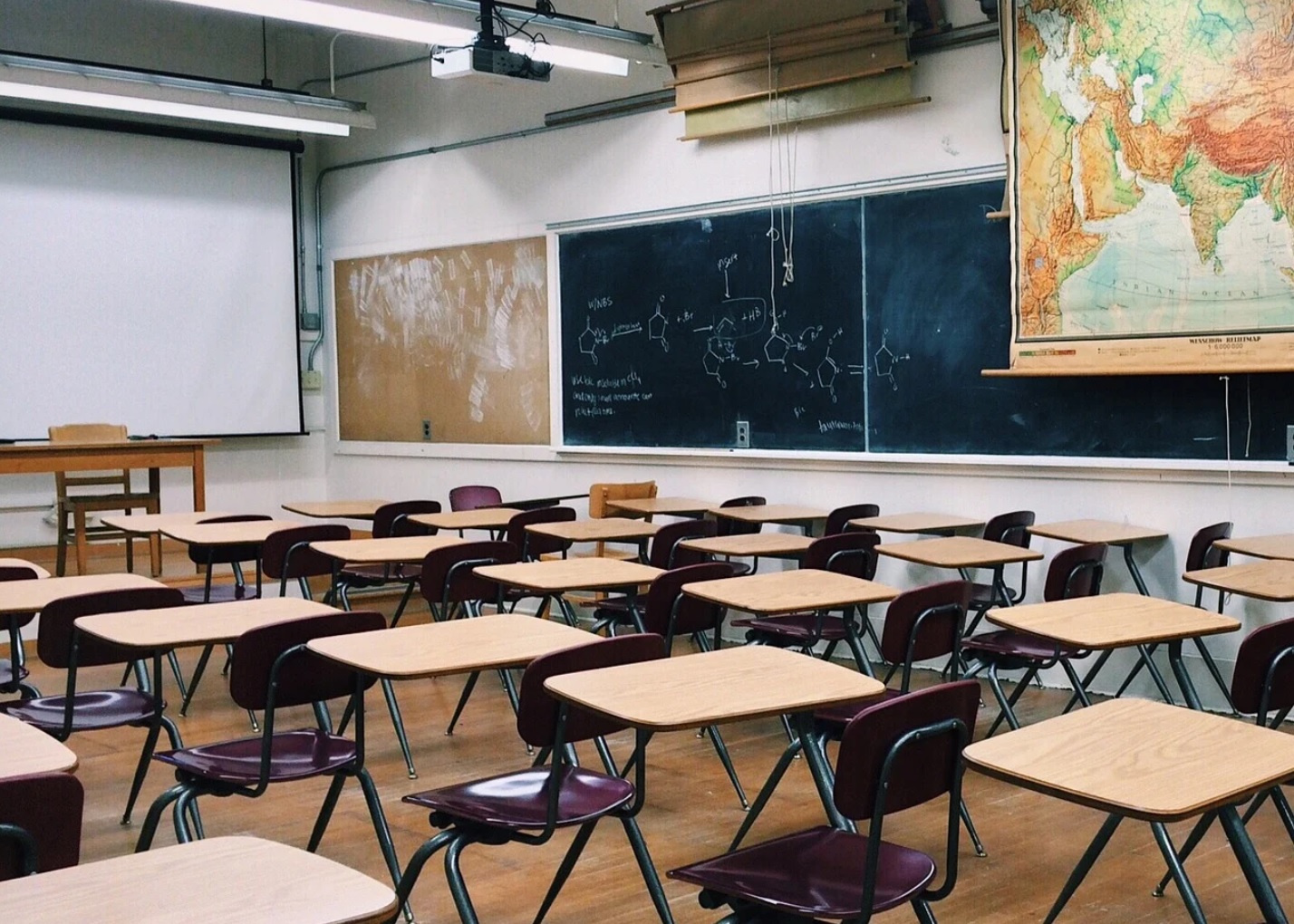On March 16, Governor Kate Brown directed Oregon schools to stop in-person classes to slow the spread of COVID-19. Facing an uncertain future for “brick and mortar” schooling, 300 Oregon students completed the process to transfer to one of Oregon’s 14 online charter schools.
Eleven days after the shutdown of in-person schools, the Oregon Department of Education (ODE) prevented additional student transfers to online charter schools. Jeff Kropf, the founder of Oregon Connections Academy, estimated that around 1,600 students were unable to move to his school because of ODE’s decision to freeze further transfers.
ODE’s decision curtailed thousands of students from reaching their full learning potential this past semester. However, policymakers have a rare chance to right these wrongs going forward.
Nine states have reported spikes in COVID-19 this past month, and a similar situation may occur this coming fall. Given the uncertainties about the safety and feasibility of reopening all Oregon schools, lawmakers should allow parents to choose what kind of school in which to enroll their children. The resulting increase in competition among charter, private, and public schools will encourage all education providers to adapt to the current circumstances to provide the best education possible for students.
In addition to increasing the educational opportunities that will be available for students, rolling back unnecessary regulation of charter schools will put more power over education choices into the hands of parents, where it belongs.
Cooper Conway is a Research Associate at Cascade Policy Institute, Oregon’s free market public policy research organization.
Disclaimer: Articles featured on Oregon Report are the creation, responsibility and opinion of the authoring individual or organization which is featured at the top of every article.



